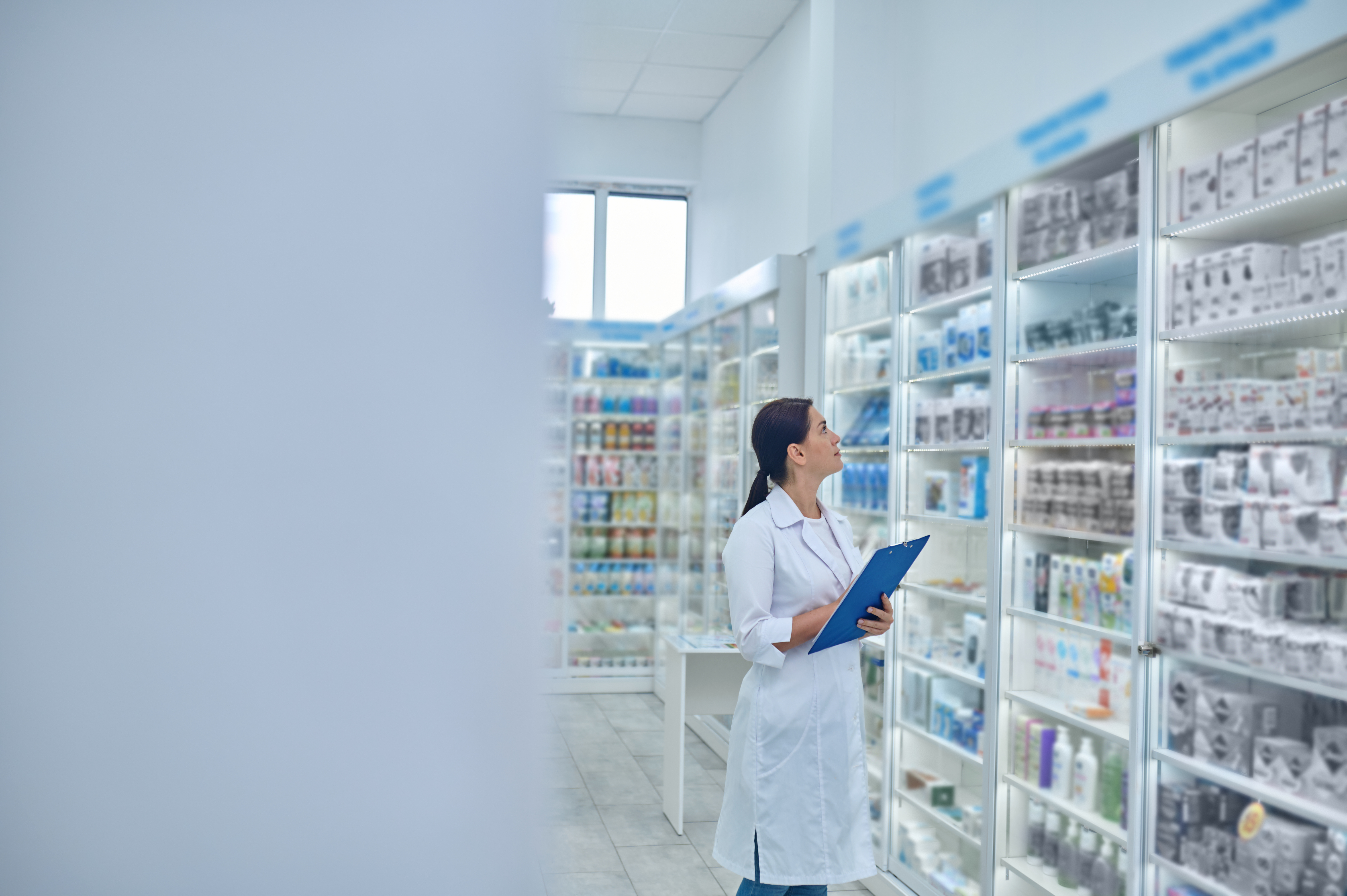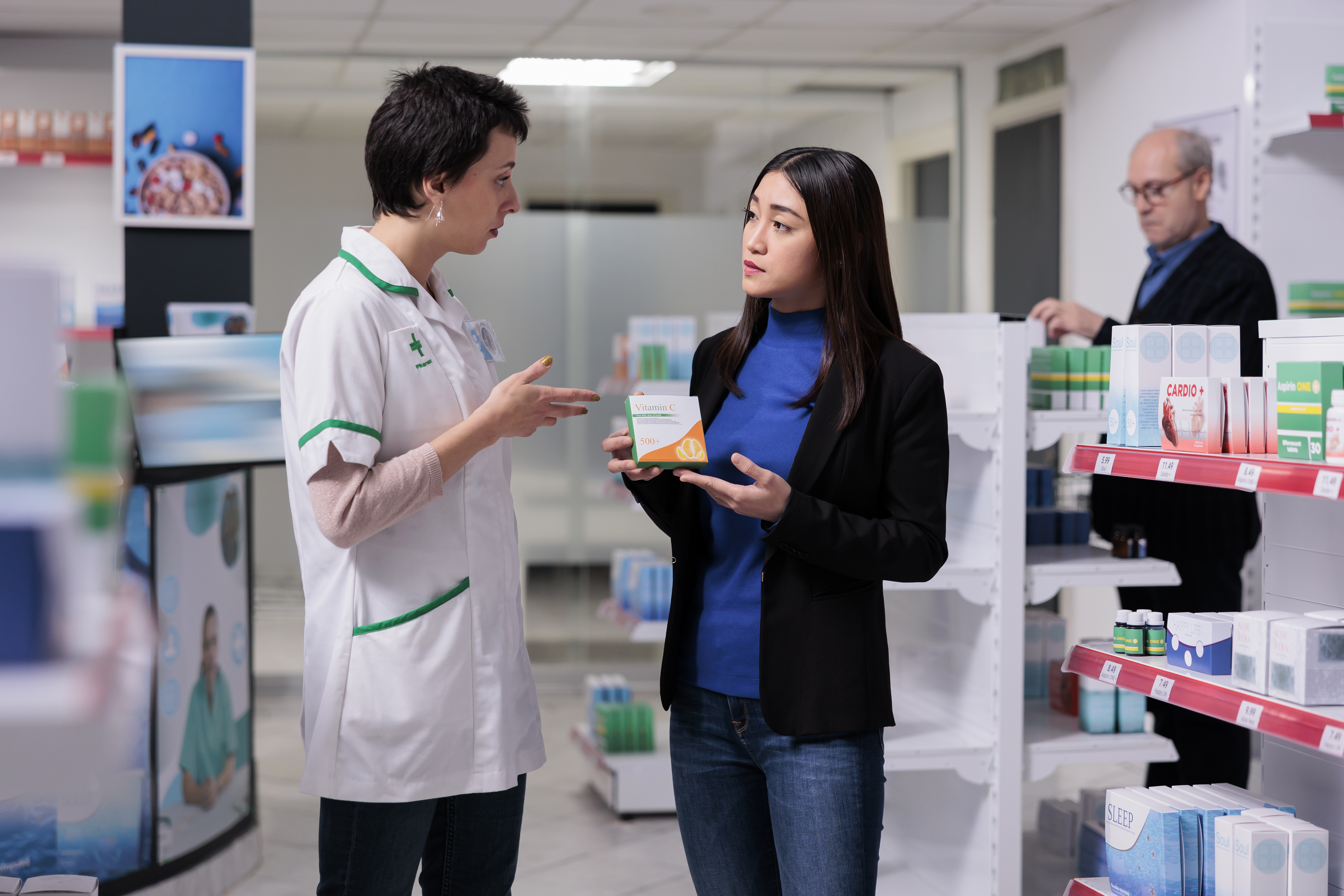When we visit the doctor for a common cold or flu, we might wonder why painkillers like Panadol have two names: Acetaminophen and Paracetamol. Apart from studying medicine, delving into the field of pharmacy allows us to gain a deeper understanding of medicinal knowledge, and even become a practicing pharmacist. So, what are the prospects of studying pharmacy in the UK? Can UK pharmacy courses be recognized for professional qualifications in Hong Kong? Which universities rank the highest in pharmacy in the UK? How much does it generally cost to study pharmacy in the UK? Cyclopes answers all these questions for students below.

Source: Freepik
The UK is one of the top regions in the world for pharmacy education and research. Studying pharmacy in the UK offers numerous advantages, including access to high-quality education and greater job opportunities upon graduation.
Before choosing a major or planning a career, students must first distinguish between Pharmacology and Pharmacy as two separate disciplines. The career path for Pharmacology typically involves new drug development in pharmaceutical companies or labs, while Pharmacy studies how to administer medications. Pharmacists also interact with patients and are responsible for dispensing medications. This article focuses on Pharmacy.
To become a qualified practicing pharmacist in the UK, one needs to complete the following requirements in a minimum of five years:
1. Students first need to complete at least a four-year Master's degree in Pharmacy (M.Pharm).
2. After obtaining their M.Pharm degree, students must undergo a one-year pre-registration training. During this period, students must hold a paid position in a community or hospital pharmacy and be assessed based on their performance.
3. Students must pass the GPhC (General Pharmaceutical Council) registration exam.
4. Students must meet the competence requirements for a registered pharmacist.
Can UK Pharmacy Graduates Practice in Hong Kong?
Graduates in pharmacy from the UK who wish to practice in Hong Kong must pass the conversion examination. This exam has a high threshold and arelatively lowpassing rate (about 20%). Students graduating from the UK must diligently prepare for this exam to succeed. Furthermore, in Hong Kong, the medical and pharmaceutical systems are integrated. Pharmacistsoperateunder hospitals or clinics and primarily offer medication dispensing services.
In contrast, in the UK, pharmacies and pharmacists play a more independent role (often referred to as the separation of medication and medical practice). Patients rely on pharmacists not just for dispensing medications but also for professional advice (such as interactions and adverse reactions between drugs). The status of pharmacists in the UK is more akin to that of doctors, especially suited for those with aspirations toassistpatients. Currently,there'sa shortage of pharmacists in the UK. For those aspiring to study pharmacy in the UK, the overall prospects of practicing in the UK are more promising than returning to Hong Kong.

Source: Freepik
According to the latest Subject League Table 2024 by the authoritative UK university ranking body, Complete University Guide, the top ten pharmacy university rankings in the UK are as follows: Each university's pharmacy program has different admission score requirements. It is recommended that students choose their target universities based on their individual academic achievements.
- University of Cambridge
- Queen's University Belfast
- University of Strathclyde
- Cardiff University
- Ulster University
- University of Bath
- University of Nottingham
- University of Leeds
- University College London
- University of Lincoln

Source: Freepik